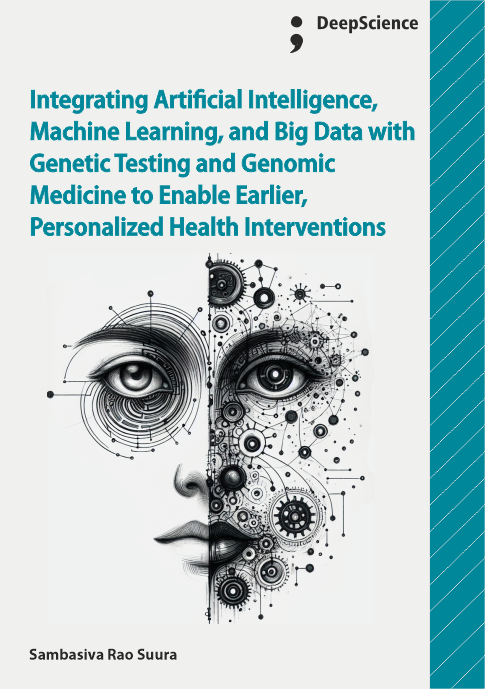Deep learning algorithms in rare disease identification: Enhancing diagnostic yield from genetic testing
Synopsis
Although not specifically acknowledged as such, approximately 80% of rare diseases are genetic and may have a great impact on either patient or family. Rare disease, often referred to as an orphan disease, may have yet unclear cause and could have various signs and symptoms in its different time course. Sometimes, it takes a longer time for the right diagnosis to be made due to the rareness of the condition, given that most physicians are often unfamiliar with rare diseases. This leads to the misguidance on therapy selection. Genetic testing is usually employed to support the diagnosis, or to find out some part of the trigger, by assisting the specialist in narrowing down the diagnostic possibilities. However, the diagnostic yield of the genetic test is not always 100%. There are some challenges in diagnosing the rare disease, namely the variability in presenting symptoms, the scarcity of physicians who are familiar with rare conditions, and the lack of access to the proper medical facilities required for the necessary diagnostic tests. Regarding the genetic causation of certain conditions, for example, genetic predispositions to complex diseases, genetic influences on drug response, or different genetic profiles between patients, the rare diseases can perhaps now be better diagnosed. More widespread availability of genetic testing has made it easier to identify a better treatment. Various genetic aspects could be obtained from the patient’s genetic data, ranging from the simplest one, such as the type of variant, and the type of effects brought by the variant, up to more complex profiles, like the pathway involved or the possible associations with other diseases. Traditional algorithms, however, failed to take into account the complexity of the genetic profile, and instead mostly only involved a simplistic binary decision-making process. To enhance the diagnostic yield, more advanced algorithms may be required to assist the specialist in exploiting the genetic profile. In recent years, the rapid technical advances in artificial intelligence have made it possible to use deep learning techniques to improve diagnostic capabilities. This has resulted in saving some lives for patients whose disease remains undiagnosed for years or until it is too late. Moreover, the utilization of these algorithms may also help reduce the stress experienced by both patient and family and potentially lower the cost burden.













